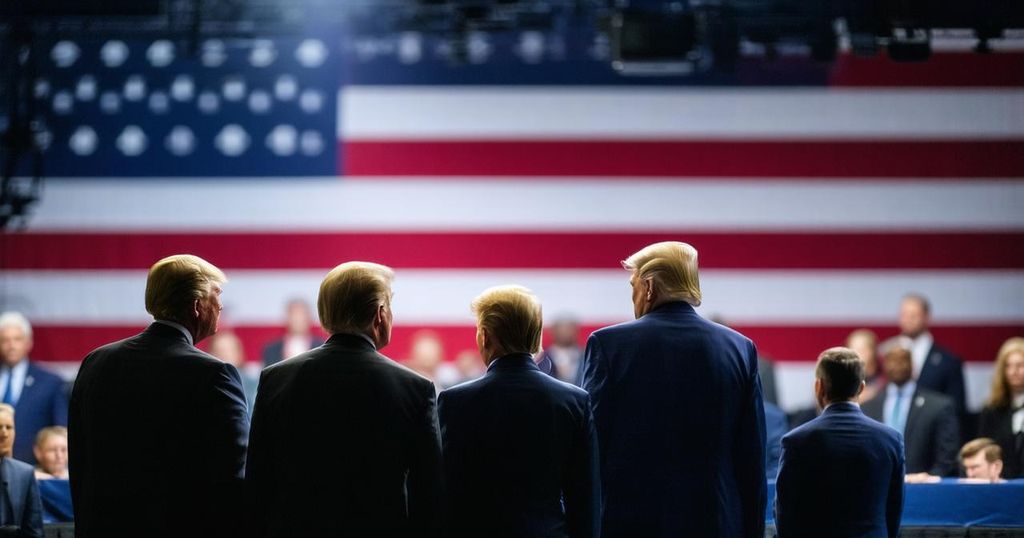The Impact of American Elections on Israel’s Strategic Landscape

Israeli leaders are closely monitoring the upcoming American elections, recognizing their potential to significantly influence military strategies against groups like Hizbullah and Hamas. Recent events underscore ongoing tensions, including a rocket strike from Lebanon during U.S. Secretary of State Antony Blinken’s visit to Israel. The results of the U.S. election are poised to affect America’s foreign policy and Israel’s response to regional threats.
Recent developments in the geopolitical landscape surrounding Israel have intensified scrutiny regarding the upcoming American elections and their potential impact on Israel’s strategic decisions concerning its ongoing conflict with militant groups. Notably, on October 23rd, during his visit to Israel, U.S. Secretary of State Antony Blinken experienced a moment of alarm as rockets launched from Lebanon by Hizbullah targeted central Israel. Fortunately, these attacks did not result in significant damage or casualties. This incident served as a poignant reminder of the challenges faced during his eleventh trip to Israel in a year, underlining the limited progress achieved in addressing the hostilities in the region. Israeli leadership is acutely aware that the outcomes of the impending U.S. elections could significantly reshape their military and diplomatic strategies. The patterns of cooperation and confrontations between Israel and various regional actors, particularly Iran-backed groups like Hizbullah and Hamas, are expected to pivot depending on who assumes the presidency in the United States. Furthermore, the likelihood of an Israeli strike on Iranian targets is suggested to be on the horizon as tensions escalate worldwide in conjunction with the impending electoral outcomes in America.
The background of this discussion hinges on the intricate relationship between U.S. foreign policy and Israel’s security strategies. Since the establishment of Israel in 1948, the United States has played a critical role as Israel’s primary ally, influencing both military support and diplomatic strategies in the Middle East. Currently, Israel contends with persistent threats from regional adversaries, particularly Iranian proxies such as Hizbullah and Hamas. The outcome of the U.S. elections, therefore, holds substantial implications for Israel’s defense posture and its approach to ongoing conflicts.
In conclusion, the relationship between the American electoral process and Israeli strategic decisions is more than incidental; it is profoundly intertwined with the security and geopolitical dynamics of the region. As Israeli leaders anticipate the outcome of the elections, their military strategies concerning Iran and its affiliated groups will likely reflect the prevailing American political landscape and its stance towards the Middle East.
Original Source: www.economist.com






